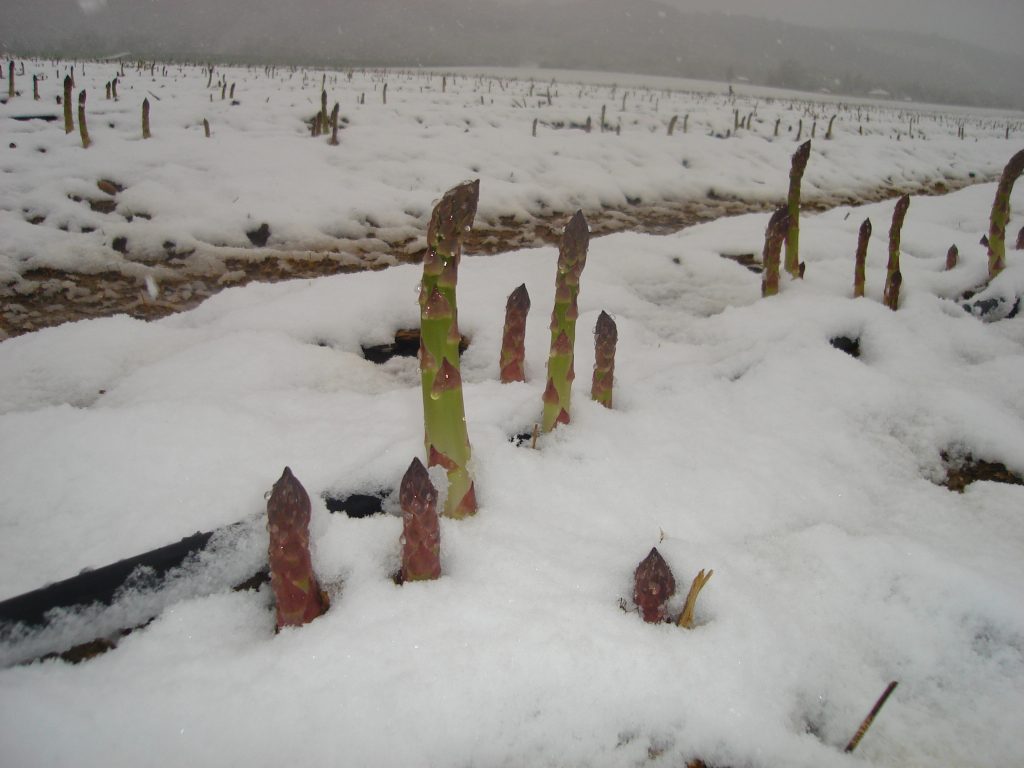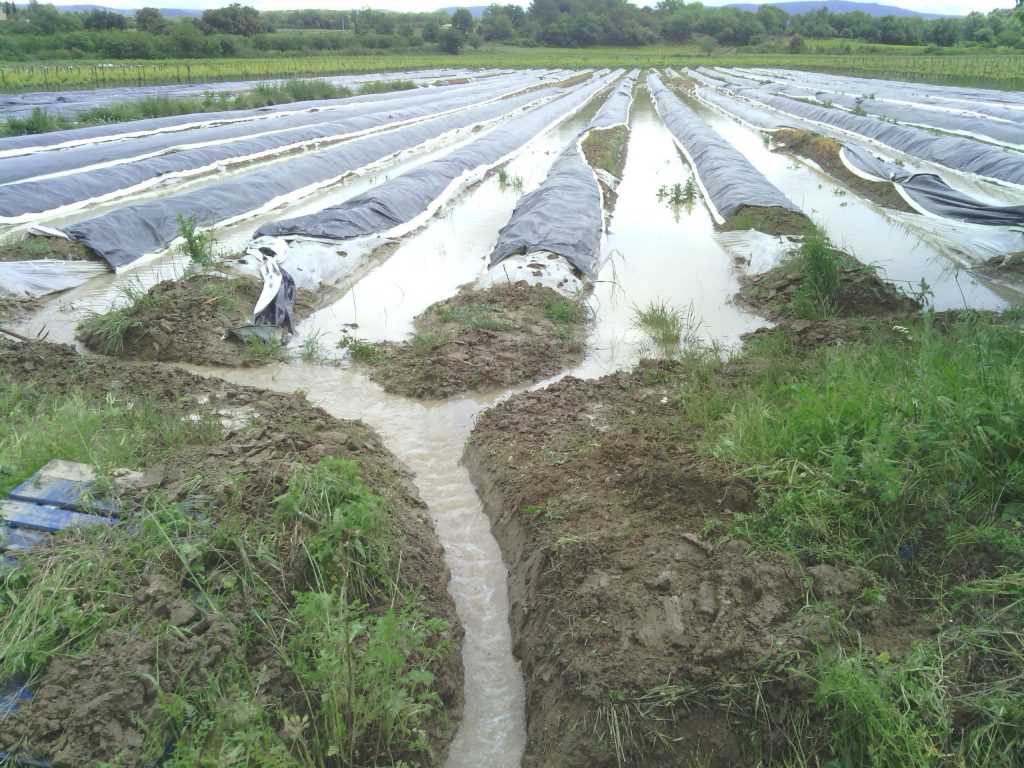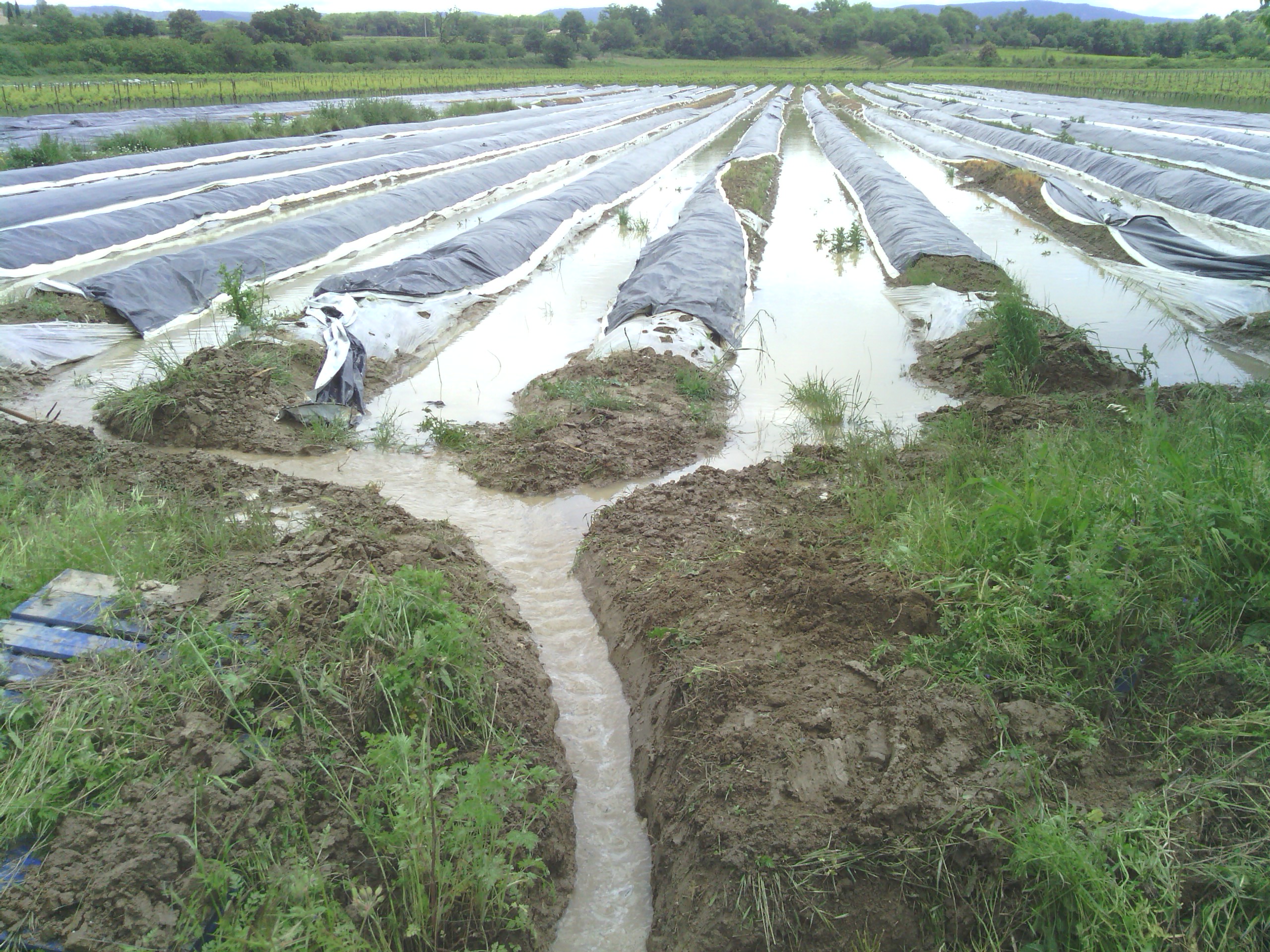The major challenges of climate change
According to a great many scientists, climate change is now an inevitable and irreversible phenomenon. Its most visible manifestation will be in the warming of the climate. This presents a huge challenge for agriculture, and therefore for asparagus production, too. Farmers must develop coping strategies in order to deal with the challenges of climate change. According to the sixth report of the Giec, one of the stated global goals in this regard is to limit warming to 1.5ºC in order to give people and ecosystems more time to adapt. But there is an urgent need to take concrete action now.
Asparagus accumulates and “memorises” the effects of the climate
All living beings are affected by climate change, be they plants or animals. The impact on plant phenology was the first observed indicator of climate change. For example, many studies around the world found that “fruit species, which are often perennial species, are particularly exposed to climate impacts with multi-year and cumulative negative effects.” [RW1] In the case of the Golden Delicious apple tree, compared to the late 1980s, flowering now takes places an estimated 11 days earlier in northern Europe, as in the Rhineland (Germany), and 8 days earlier in Anjou (France). The same must be true for asparagus, a perennial plant that accumulates and “memorises” the effects of the climate (drought, heat wave, flood, etc.). This change directly affects crops as well as the development of pathogenic fungi and aggressor insects and their environment. In the Northern Hemisphere, bio-aggressors are moving northward at a rate of 26.6 km per decade, according to a comprehensive 2013 study based on farmer accounts. These changes also affect the physiological needs of plants, such as the cold requirements of certain varieties of asparagus. According to the University of Chile, winters have lost 10-20 hours of cold each year in the country’s Central Valley. The onset of the cold period has shifted from autumn to winter, making it less effective at triggering plant physiological processes. An increasing scarcity of water and rising temperatures associated with climate change are also noticeable in many areas.
Increasing demand for irrigation water

extreme weather events and temperatures.
Water resource management is one of agriculture’s key challenges. Prioritisation of water for human use, which ranges from “water rights” to speculation on its sale in cubic metres, is becoming ever more apparent in several parts of the world. These developments might lead to the displacement, relocation or even the abandoning of asparagus cultivation in some producing countries. According to the University of Chile, if temperatures rise by 20C, which seems a likely scenario, the demand for irrigation water will increase by 12%. And the same is true in Peru, where these changes are also subject to the El Niño phenomenon. Major problems are also being posed by the extreme temperatures (above 45oC), which some production areas are beginning to encounter very frequently, especially in the Mediterranean region. “In Catalonia, demand for water for perennial crops such as apples and stone fruit has increased by 20% in recent years. In addition, the mainly limestone, poor and shallow soils accentuate the effects of drought,” said Robert Savé, a researcher at the IRTA (Institute of Agrifood Research and Technology).
In general, climate change also leads to excesses: wetter and colder springs, rising average temperatures, drier summers, extreme temperatures, more numerous and violent storm events. However, answers to some of these constraints and fears do in fact exist.
Read also: 6 ways to counter climate change























